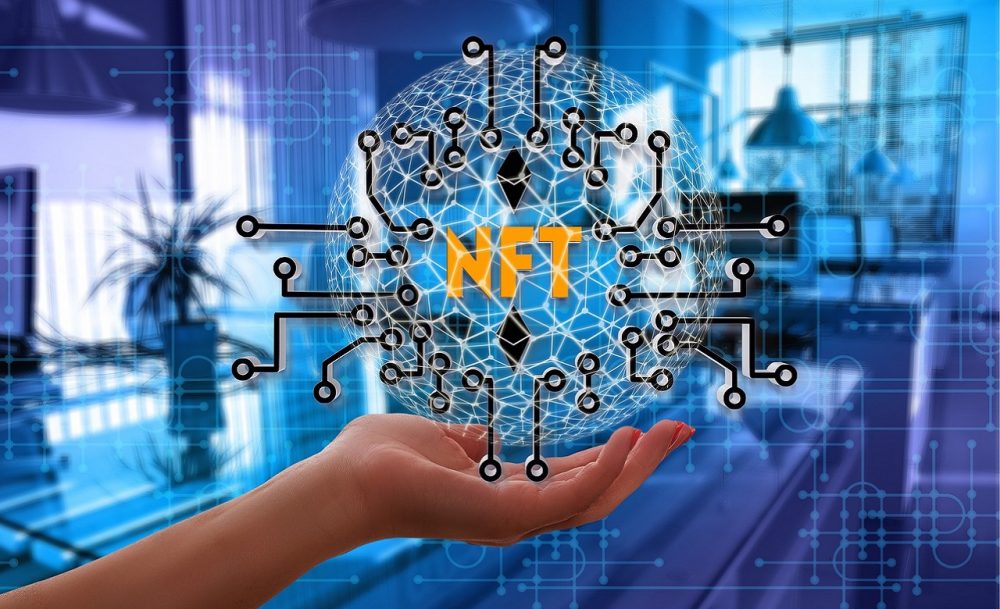Many find the world of cryptocurrencies, crypto art and Non Fungible Token (NFT) mysterious. For example, it is possible for NFTs to function as a certificate of authenticity. And even if that proves legal ownership, what’s the impact on intellectual property rights? This article is the second part of NFT Coins 101. We look at NFT copyright, NFT marketplaces, wallets and more.
Who owns the copyright in NFTS?
There is a growing interest in NFTs from a copyright perspective. That’s partly because people trade many copyrighted artworks for NFTs. There is also uncertainty about what you get when you buy an NFT. One of the main problems is the common misconception about the rights that buyers get when they buy an NFT. Some buyers believe they are purchasing the underlying artwork with full rights.
Do you have legal rights to an NFT? .Copyright law does not grant any rights to an NFT owner unless the creator takes affirmative steps to ensure that it does — ideally, by executing a standard, formal copyright licence to the work associated with the NFT. pic.twitter.com/VKfgxp0Qy0
— Cross Border Advisory Solutions (@Cb_advisoryS) November 23, 2022
But in reality, buyers of an NFT are only buying metadata about the item, not the actual business itself. The World Intellectual Property Organization (WIPO) defines copyright as:
Copyright is a legal term used to describe the rights that creators have over their literary and artistic works. Copyrighted works range from books, music, paintings, sculptures and films to computer programs, databases, advertisements, maps and technical drawings.
Therefore, an artist holds the copyright to the artwork created and put up for auction on an NFT coins marketplace, just like an in-person auction. Unfortunately, existing platforms cannot change NFT copyrights due to the lack of infrastructure that complies with international laws. The copyright package for NFT remains the property of the original artist, unless there is an external agreement between the artist and the buyer. All a typical NFT receiver has is a unique hash on the Blockchain with the transaction log and a hyperlink to the drawing file.
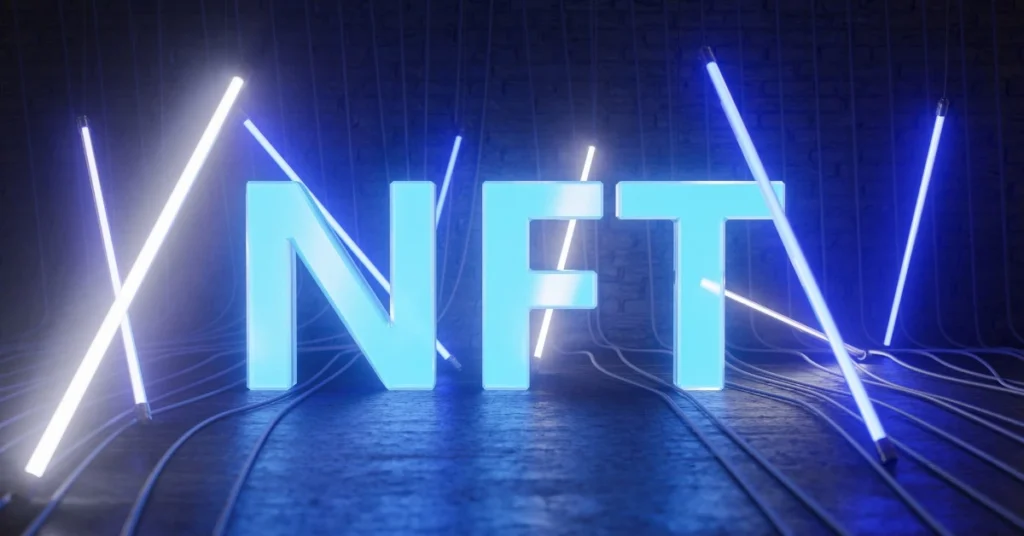
Who Invented NFT Coins?
NFT coins can be traced back to 2012, when Meni Rosenfield published an article in which he referred to NFT technology as ‘Colored Cryptocurrencies’. Originally, colored cryptocurrencies were intended to be minted on the Bitcoin Blockchain. They were then introduced as a method for representing and managing real-world assets in Bitcoin. However, the project was overshadowed by smart contracts and other cutting-edge NFT concepts that emerged later. On May 3, 2014, artists Kevin McCoy and Anil Dash created Quantum, the first known NFT.
What is the best NFT coins market right now?
OpenSea is undoubtedly the best NFT marketplace right now. The developers founded OpenSea in 2017. They created it as a platform to list and sell NFT coins. They originally did it to support CryptoKitties. But OpenSea has since expanded to become the largest NFT market. cryptocoin.comAs you follow, many venture capitalists have supported OpenSea, including Mark Cuban, Tim Ferriss, Kevin Durant and Ashton Kutcher.
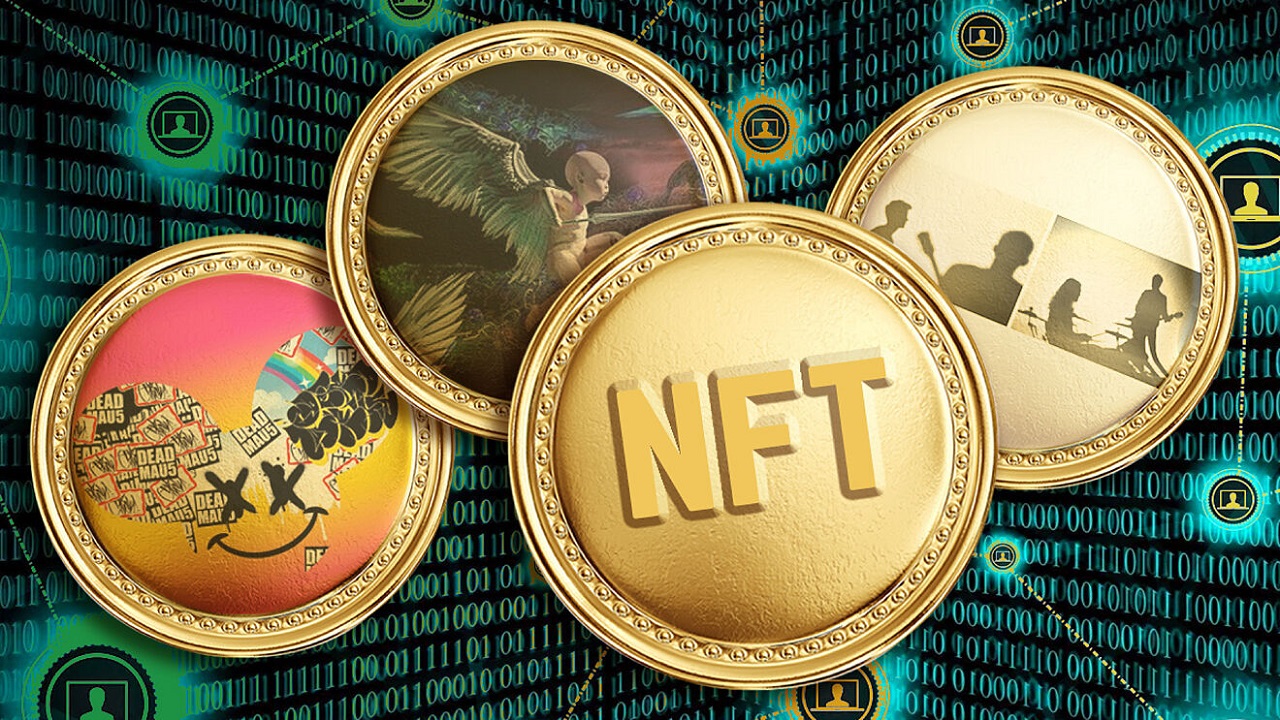
By the way, OpenSea is free to use. However, for every sale made on the marketplace, the site charges a fee of 2.5%. On the other hand, there are no annual or monthly payments. OpenSea is not just a solid NFT marketplace; it also has a user-friendly interface that will delight both novice and experienced traders. It also has an impressive list of features:
- NFT creation
- NFT buy and sell
- NFT printing
- NFT auction
- Sell NFT packages
- Multiple crypto wallet options
- Referral rewards
- Copyright
- NFTs as a gift
- Rankings page
- rare features
- liking NFTs
In addition, OpenSea has NFTs in multiple categories such as art, collectibles, domains, music, photography, sports, trading cards, utility, and virtual worlds. Creating as well as trading and investing in NFTs is one of OpenSea’s advantages. Thanks to OpeanSea’s mobile application, it is possible to trade even on the go.
The @capsule_house public mint is now LIVE!
For more info on how you can collect the art of 170+ artists check out the drop page 👇https://t.co/rE6seQQrOV
— OpenSea (@opensea) November 18, 2022
Perhaps the biggest problem with OpenSea is the prevalence of spam and pirated content. According to the January 2022 report, over 80% of things done using OpenSea’s free edition tool were reported to be spam, fake collections or plagiarism. OpenSea is a victim of its own success, in a way because of its popularity, as scammers pop up out there. Regardless, you need to be extra careful with what you buy at OpenSea.
Which is the best NFT coins market for beginners?
The developers designed OpenSea for people unfamiliar with NFTs. Therefore, it is ideal for beginners. It is possible to create NFTs without any technical expertise or even familiarity with Blockchain technology. All you have to do is be wary of scams. You can get genuine NFTs by following a few tips:
- Make sure the collection is verified or under ‘verified collections’.
- Check the social accounts of the artists.
- If in doubt, use an NFT validation service.
- Read the terms of the contract to see if NFT is for public or personal use only.
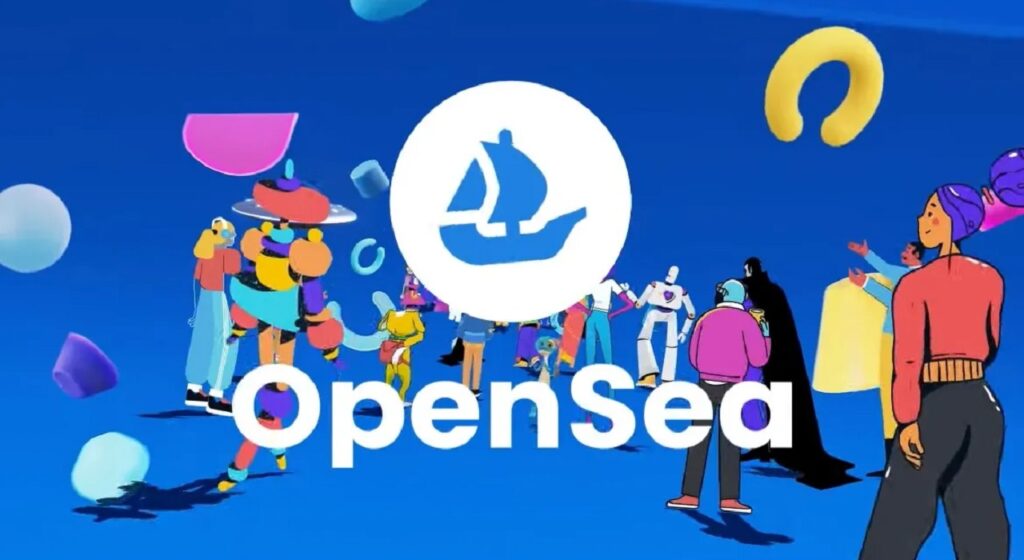
OpenSea also has an educational blog with articles on how to buy and sell NFTs, how to protect yourself from fraud, and other important topics. It is possible to use OpenSea’s free printing tool to make NFTs for free. Moreover, you have the possibility to do this without the need for a single line of code.
Which NFT wallet is the best?
Before collecting and investing in NFTs, you will need an NFT wallet. An NFT wallet is a piece of software that supports the Blockchain protocol of NFTs and the crypto needed to purchase the NFT. There are two types of NFT wallets. These are NFT hot wallet and NFT cold wallet.
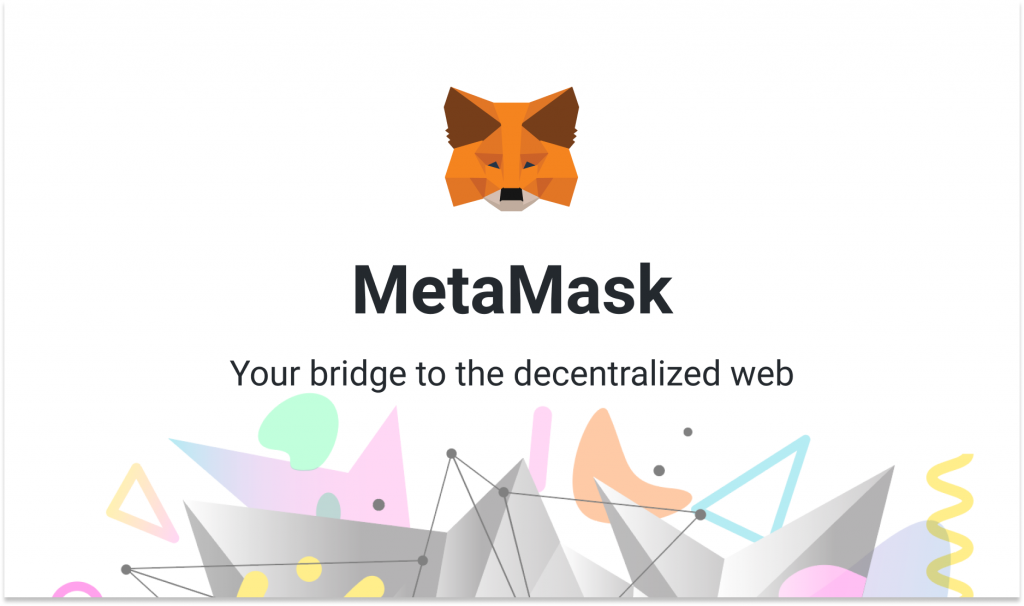
A hot wallet is faster. It also makes NFTs easy to trade or use. However, it may be connected to the internet and vulnerable to cyber attacks. A cold wallet is safer. However, it is not usually online. This makes it less practical. You will also need to invest in hardware. On the other hand, hot wallets are software-based and mostly free.
MetaMask is by far the most popular NFT hot wallet. It has more than 21 million users worldwide. Metamask comes as a browser extension that supports multiple popular browsers. There is also a mobile version of MetaMask on Android and IOS. It is possible to access decentralized applications or dApps and NFT marketplaces using the mobile app’s built-in browser.
We bring another much requested feature to 🦊 Portfolio Dapp: NFT Price Estimate
Estimates are powered by @NFTbank_ai – their unique algorithm can provide estimates with ~90% accuracy.
See what your NFTs are worth at a glance🧵👇 pic.twitter.com/w0fjFEE2rD
— MetaMask 🦊💙 (@MetaMask) November 17, 2022
MetaMask also allows you to create multiple wallet addresses. Thus, it allows you to store NFTs at a different address than your cryptocurrency.
Conclusion
The nature of the NFT coins market and the huge earning potential mean that there will be a fair number of copyright-related disputes in the NFT space. International copyright compliance is critical to shifting this ecosystem from speculation to global functionality. We are in the early days of potentially disruptive technology. So it will be interesting to see how disputes and property claims develop.

